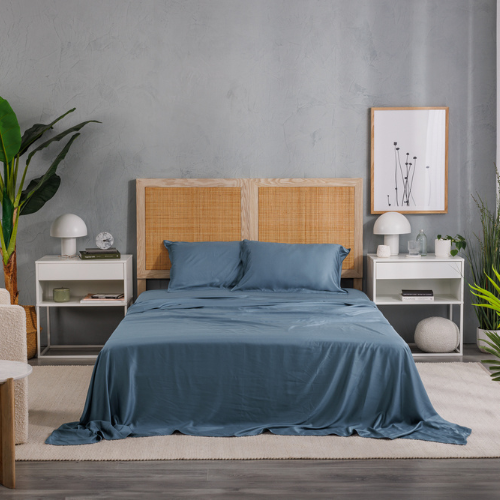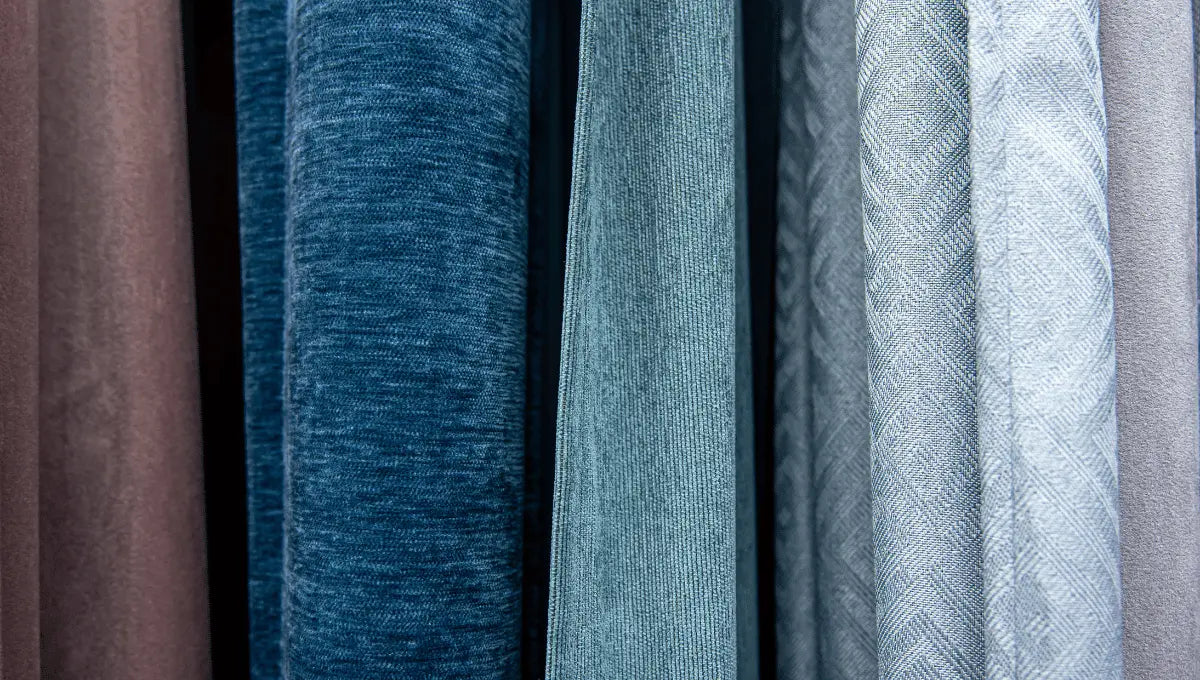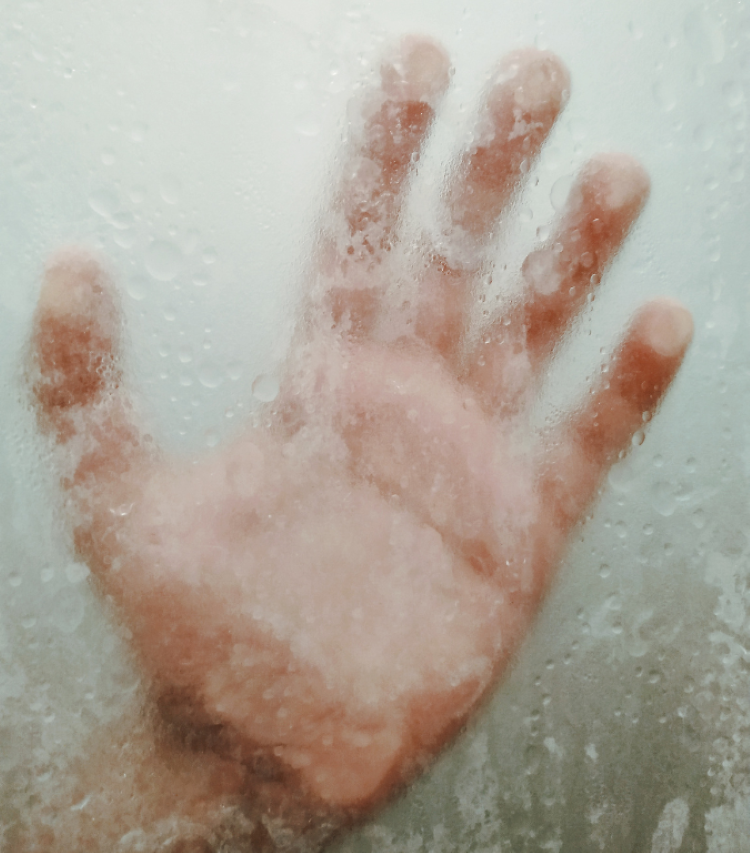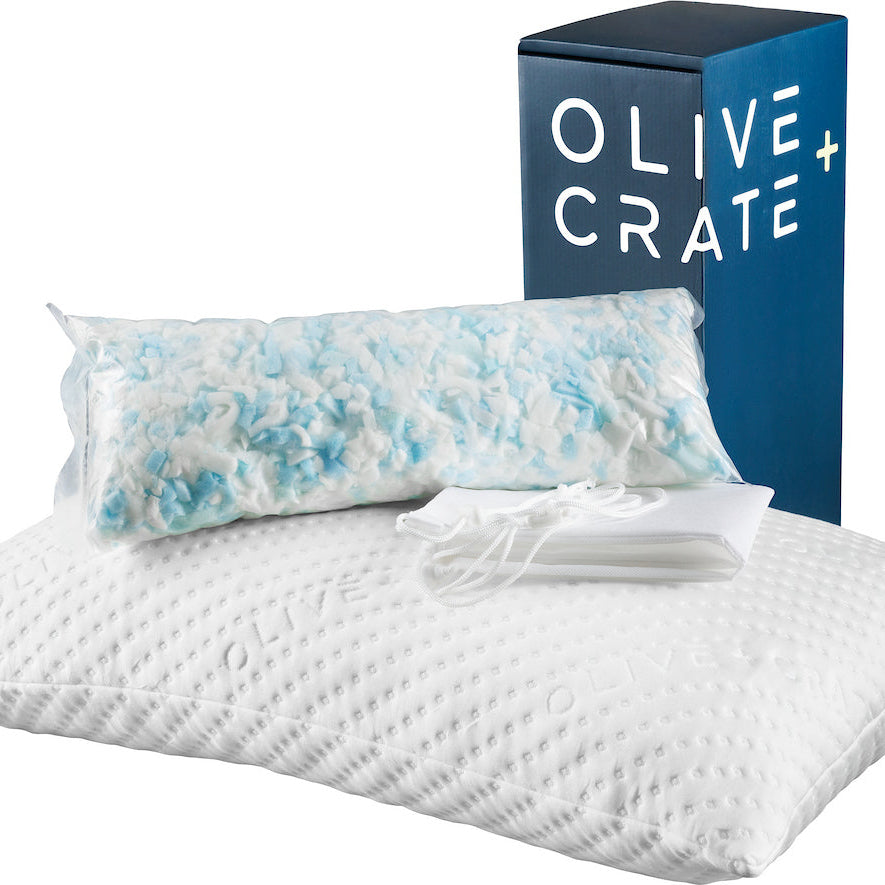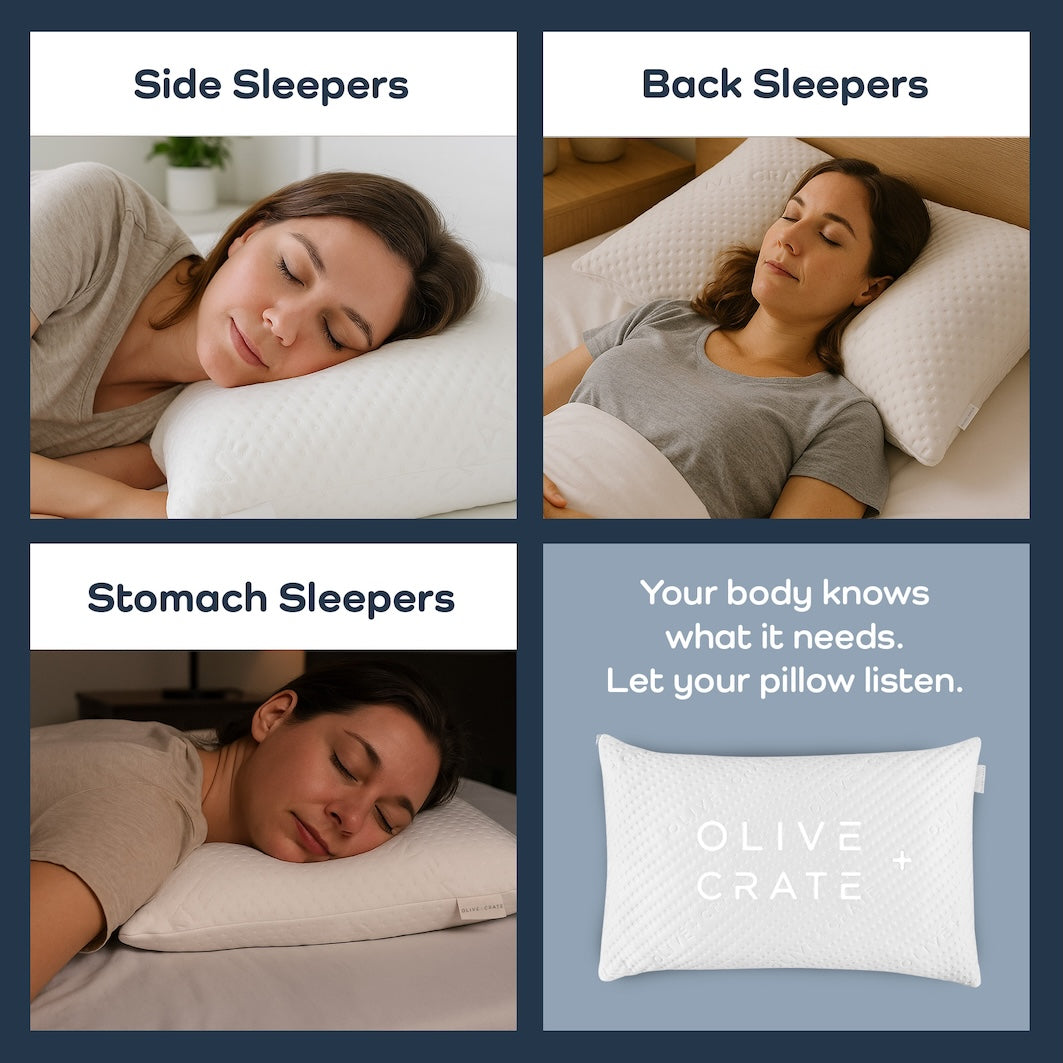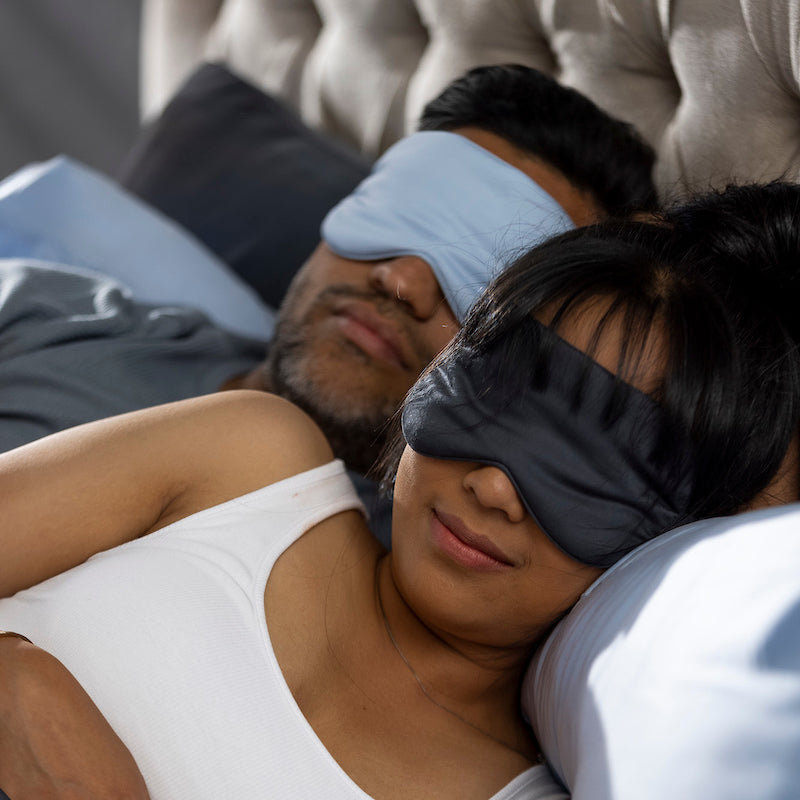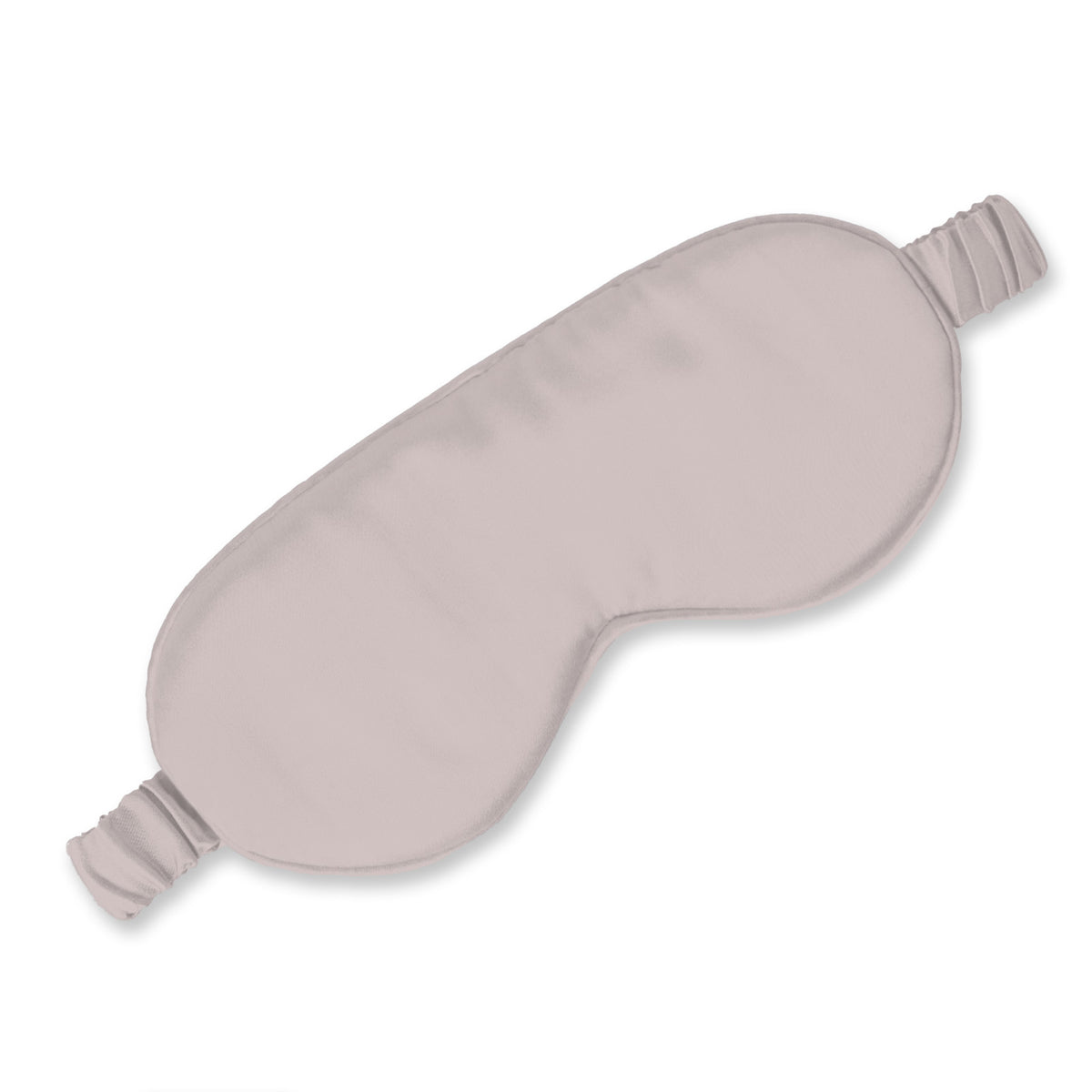Last Updated: 11 January 2025
Reviewed by: Olive + Crate Editorial Team
Sweating during sleep can be surprising and sometimes worrying for parents.
But in many cases, night sweats in children are common, temporary, and not a sign of illness. Understanding when sweating is part of normal development and when it deserves closer attention can help replace worry with clarity.
Gentle note: Olive + Crate isn’t a medical organization. This article shares general, research-based information and can’t replace advice from your child’s clinician.
Are Night Sweats Normal in Children?
For many families, yes.
Night sweating exists on a wide spectrum. It can range from mild dampness around the neck or hairline to pajamas that need changing.
What matters most is the pattern and context, not the label itself.
Child Sweating in Sleep Without Fever
This is one of the most reassuring scenarios.
According to Healthline (reviewed and updated in recent years), sweating during sleep is fairly common in babies and young children and that most cases are not linked to illness, especially when a child appears well during the day.
Clinical guidance from the NHS adds an important clarification:
“Although severe night sweats can be both distressing and disruptive to sleep, in most cases the child is completely unaffected, apyrexial, and awoken by a worried parent.”
In practical terms, many children sweat at night without fever or underlying disease, and feel completely fine the next day.
Child Sweating at Night by Age
Sweating patterns often shift as children grow, reflecting changes in sleep structure, hormones, and daily demands.
Night Sweats in Toddlers
This is usually tied to normal sleep biology and development rather than illness.
Toddlers move quickly into deep sleep, particularly in the first half of the night.
Healthline explains that deep sleep is when temperature regulation shifts most noticeably, and sweating may increase as the body releases excess heat.
Healthline also notes that babies and toddlers have:
-
less mature temperature regulation systems
-
a higher density of sweat glands relative to body size
This makes their bodies more reactive. Heat that an adult might barely notice can trigger visible sweating in a toddler.
Toddlers also cannot reliably adjust layers. Pediatric writers explain that young children don’t consistently kick off blankets or change position when warm, which is why sweating can happen even in rooms that feel comfortable to adults.
Night Sweats in School-Age Children
For school-age children, night sweats are more often influenced by daily activity and emotional load than by sleep biology alone.
Common contributors include:
-
high activity levels during the day
-
changes in routine or schedule
-
emotional stress related to school or social life
But why does my 5 year old sweat so much at night?
At this age, children still spend a significant portion of the night in deep sleep. Sweating during these stages helps the body regulate temperature.
If a child wakes refreshed and energetic, sweating alone is rarely a cause for concern.
Night Sweats in Teenagers
During adolescence, many changes occur in the body as part of normal growth and development.
Teenagers may experience sweating during sleep, but no single explanation applies to everyone. Night sweats can arise from a combination of factors, and how any individual’s body regulates temperature can vary widely.
Because these influences can overlap and vary between individuals, it’s useful to consider multiple potential factors rather than focus on one explanation.
While the underlying triggers differ by age, research into night sweats in adult men shows how hormonal shifts and stress can disrupt the body’s ability to regulate temperature during sleep.
7 Common Causes of Night Sweats in Children and Teens
When clinicians evaluate night sweats, they typically begin with common, non-serious explanations before considering medical causes.
1. Overheating and Trapped Heat
This is the most common cause.
The Cleveland Clinic explains that night sweats often happen when the body is trying to cool itself but can’t release heat efficiently.
Bedding that traps warmth or moisture can amplify this effect, even if the room temperature itself is reasonable.
This is especially relevant for children who:
-
sleep deeply and don’t move much
-
wear non-breathable pajamas
-
sleep on layers that hold humidity close to the skin
2. Illness and Fever Cycles
Even mild viral infections can trigger sweating at night.
According to the Cleveland Clinic, low-grade fevers and the body’s natural cooling response during illness can cause sweating as temperature rises and falls overnight.
Medical News Today adds that fever is part of the immune response, making the body a less hospitable place for viruses.
In these cases, sweating usually resolves as the illness passes.
3. Stress and Nervous System Activation
Stress doesn’t stop at bedtime.
Healthline explains that emotional stress activates the body’s fight-or-flight response, raising body temperature and triggering sweat glands.
In children, this can show up during periods of change such as:
-
starting school
-
social challenges
-
family transitions
-
performance pressure
This doesn’t mean something is “wrong.” It reflects how closely the nervous system and temperature regulation are linked.
4. Sleep Apnea and Breathing Disruptions
Less common, but important to recognize.
The Mayo Clinic describes obstructive sleep apnea as repeated pauses in breathing during sleep. Along with snoring and gasping, nighttime sweating can occur because the body is under physical stress while trying to maintain oxygen levels.
When sweating is paired with loud snoring, breathing pauses, or daytime fatigue, medical evaluation is recommended.
5. Reflux (GERD)
The Mayo Clinic explains that GERD involves stomach acid flowing back into the esophagus and often worsens when lying down.
Some children experience discomfort, restlessness, and sweating at night when reflux isn’t well controlled.
Healthline notes that while the link between GERD and night sweats isn’t fully understood, the two can appear together when reflux disrupts sleep.
6. Hyperhidrosis
In some children, sweating itself is the primary issue.
Riley Children’s Health defines hyperhidrosis as excessive sweating that can occur even without heat or activity. They note that affected children may sweat several times more than average, often in areas like the palms, feet, or underarms.
This is less common, but worth discussing with a clinician if sweating seems disproportionate to conditions.
7. Medications
Sometimes the cause isn’t sleeping at all.
GoodRx outlines how certain medications, including some antidepressants, pain relievers, and asthma treatments, can increase sweating as a side effect. This is especially relevant for older children and teens.
Location-Specific Sweating: What Patterns Suggest
Sweating doesn’t always show up the same way. Where it appears can offer clues without pointing to a diagnosis.
Head and neck
This is the most common pattern parents notice.
Healthline describes “local sweating” that affects just the scalp, face, or neck. This often pairs with deep sleep and heat release through the head, which plays a major role in cooling the body.
This is why parents frequently notice a wet pillow while the rest of the bed stays dry.
Hands and feet
Clammy hands or damp socks can reflect:
-
warm bedding
-
nervous system activation
-
in rarer cases, hyperhidrosis
Riley Children’s Health notes that palms and soles are among the most common sites for excessive sweating when hyperhidrosis is present.
Back and chest
Back sweating often relates to:
-
sleepwear that doesn’t breathe
-
mattress protectors or toppers that trap heat
-
very still sleeping during deep sleep
If the room is cool but the back is consistently damp, it’s often worth examining the layers closest to the skin first.
The Bedroom Matters More Than You Think
Night sweats in children especially toddlers can be heavily shaped by the small, ordinary things:
-
Heavy, heat-trapping comforters
-
Polyester pajamas that hold warmth close
-
A mattress protector that doesn’t breathe
-
A room that climbs warmer after midnight
Creating a Cooler, More Breathable Sleep Environment
If you’re wondering what helps night sweats, this is often the easiest place to start. It doesn’t ask your child’s body to change. It simply gives heat a clearer way out.
Temperature and airflow
The Cleveland Clinic suggests keeping bedrooms slightly cooler at night, often in the range of 60–67°F (15–19°C), and using lightweight sleepwear.
Even gentle air movement can help moisture evaporate more efficiently.
Flexible layering
Instead of one heavy blanket, try:
-
a light blanket paired with a breathable quilt
-
a single lightweight duvet that doesn’t trap humidity
This allows quick adjustments without fully waking a child.
Bedding materials that release moisture
Look for bedding that feels:
-
cool to the touch
-
smooth rather than sticky
-
quick to dry if damp
Fabrics that release heat and moisture tend to feel cooler and less clingy overnight.
Eucalyptus-derived fibers such as TENCEL are often described as smooth, light, and moisture-managing.
When to Be Concerned About Night Sweats
Parents should consider speaking with a healthcare professional if sweating is:
-
Persistent and soaking through bedding
-
Accompanied by fever, weight loss, or fatigue
-
Paired with breathing difficulties or loud snoring
-
Affecting mood, energy, or development
NHS pediatric referral resources emphasize watching for accompanying symptoms rather than isolated sweating.
FAQs About Night Sweats
1. Can anxiety cause night sweats?
Yes. Clinician-reviewed mental health resources like CalmClinic explains that night sweats are a common symptom of anxiety, particularly chronic anxiety and panic attacks.
Anxiety activates the body’s fight-or-flight response, raising body temperature and triggering sweating as the body tries to cool itself.
2. How can I control stress-induced night sweats?
CalmClinic also explains that reducing anxiety overall often lowers both the frequency and intensity of night sweats.
While waiting to speak with a healthcare provider, small steps like adjusting bedding to avoid overheating and not forcing sleep can help.
3. Which pajama and bedding materials are best for preventing night sweats?
In the Journal of Physiological Anthropology, Kazue Okamoto-Mizuno and Koh Mizuno explain that bedding and sleepwear play a key role in thermoregulation, especially in warm or humid conditions.
Breathable, moisture-managing fabrics help reduce heat and sweat buildup by letting air circulate and pulling moisture away from the skin.
For practical comparisons, this guide breaks down sheet options that feel cooler to the touch.
4. Does nighttime sweating affect sleep quality?
It can.
Healthline contributor Anna Gotter explains that disrupted sleep can interfere with REM cycles, leading to next-day grogginess and reduced focus.
Research also shows that thermoregulation is closely tied to sleep maintenance. When the body struggles to cool itself, sleep becomes more fragmented. A breathable, temperature-balanced sleep environment helps support deeper, more continuous rest.
Final Perspective
Night sweats in children are far more often a sign of normal development than a medical problem. Growing nervous systems, deep sleep, and immature temperature regulation all play a role.
When patterns are understood and the sleep environment supports heat release, most families find that sweating becomes quieter, less frequent, or fades on its own.
How this article was reviewed
This article was written by the Olive + Crate editorial team and reviewed for accuracy against clinician-reviewed health resources, pediatric guidance, and peer-reviewed research. It reflects general, research-based information and is not intended to diagnose or treat medical conditions.
Sources & Medical References
-
Healthline. Night Sweats in Children.
https://www.healthline.com/health/childrens-health/night-sweats-in-children -
NHS Scotland. Night Sweats in Children: Advice for Referrers.
https://www.clinicalguidelines.scot.nhs.uk/rhc-for-health-professionals/guidelines/primary-care-referral-guidelines/medical-paediatric-pre-referral-guidance/night-sweats-in-children-advice-for-referrers/ -
BabyCenter. Is It Normal for My Preschooler to Wake Up Drenched in Sweat?
(Reviewed by pediatric specialists)
https://www.babycenter.com/child/sleep/is-it-normal-for-my-preschooler-to-wake-up-drenched-in-sweat_3652519 -
Newport Academy. Teenage Hormones and Development.
https://www.newportacademy.com/resources/empowering-teens/teenage-hormones-and-sexuality/ -
Cleveland Clinic. Night Sweats: How You Can Find Relief.
https://health.clevelandclinic.org/night-sweats-how-you-can-find-relief -
Medical News Today. Why Fever and Sweating Occur During Infection.
https://www.medicalnewstoday.com/articles/324400 -
Healthline. Stress Sweat and the Nervous System.
https://www.healthline.com/health/stress-sweat -
Mayo Clinic. Obstructive Sleep Apnea: Symptoms and Causes.
https://www.mayoclinic.org/diseases-conditions/obstructive-sleep-apnea/symptoms-causes/syc-20352090 -
Mayo Clinic. Gastroesophageal Reflux Disease (GERD).
https://www.mayoclinic.org/diseases-conditions/gerd/symptoms-causes/syc-20361940 -
Healthline. Is GERD Causing Your Night Sweats?
https://www.healthline.com/health/gerd/night-sweats -
Riley Children’s Health. Hyperhidrosis in Children.
https://www.rileychildrens.org/health-info/hyperhidrosis -
GoodRx Health. Medications That Cause Excessive Sweating.
https://www.goodrx.com/drugs/side-effects/medications-cause-excessive-sweating-side-effect -
CalmClinic. Night Sweats From Anxiety.
https://www.calmclinic.com/anxiety/symptoms/night-sweats -
Okamoto-Mizuno K, Mizuno K. Effects of Thermal Environment on Sleep and Circadian Rhythm.
Journal of Physiological Anthropology.
https://pmc.ncbi.nlm.nih.gov/articles/PMC3427038/ -
Healthline. Why Do We Get Sweaty in Our Sleep?
https://www.healthline.com/health/why-do-we-get-sweaty-in-sleep


